

Matt Campbell
2025 Porsche 911 Carrera T review
6 Days Ago
The Volkswagen Group plans to deploy a unified infotainment system and battery cell format as part of a huge investment in software and battery technology.

Contributor
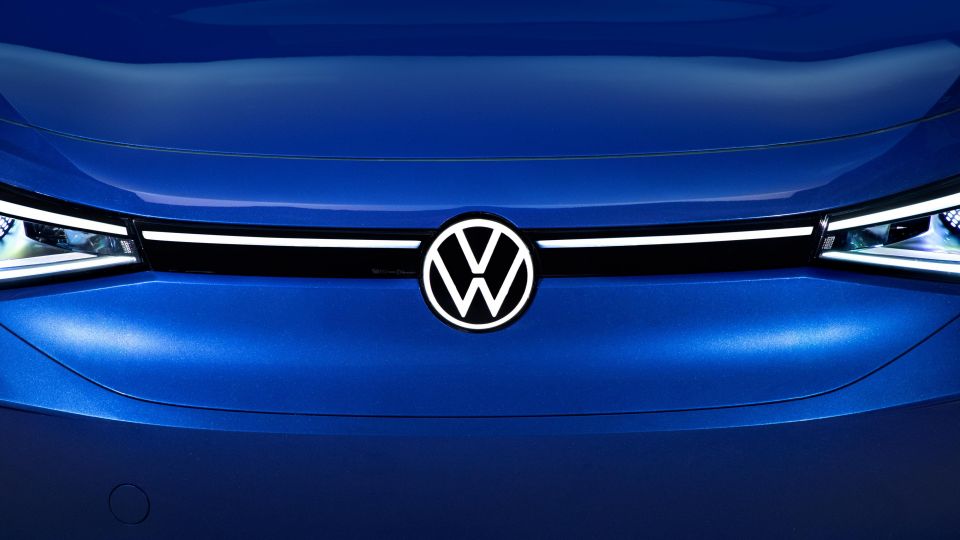

Contributor
The Volkswagen Group has huge plans to transform into a “software-driven mobility company” by the year 2030.
Significant investments into software, batteries and mobility form a framework for Volkswagen’s future.
By 2030, up to 40 million vehicles will be operating on the group’s newest software platforms.
Volkswagen has already earmarked €73 billion (A$115.3 billion) for future technologies between 2021 and 2025, representing 50 per cent of its total investments.
The company has promised that investments into electrification and digitalisation will be further increased.
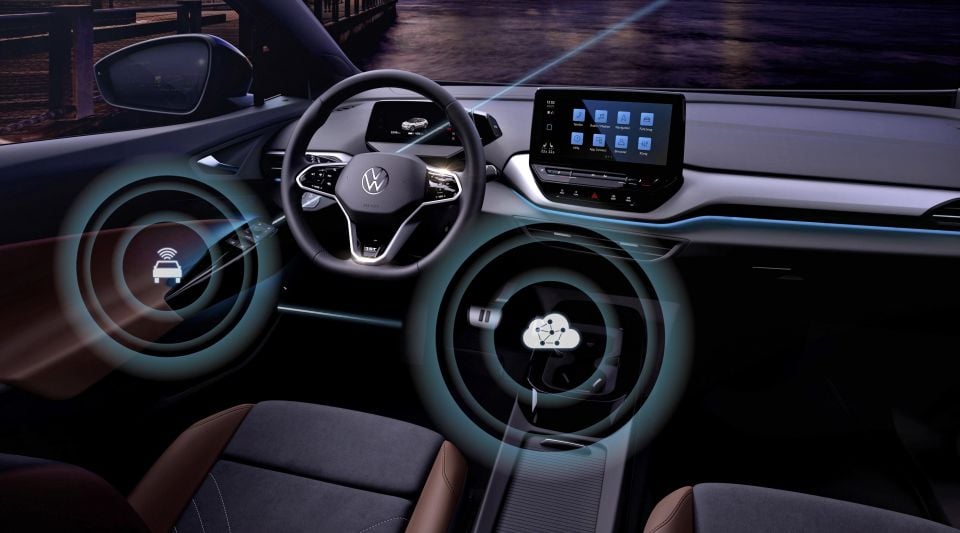
The global car manufacturer is expecting 100 per cent of all group vehicles to operate with zero emissions by 2040. By 2050, the group wants to be fully climate neutral.
The brand is taking huge steps in the software side of the business.
Volkswagen Group’s software company CARIAD will be in charge of developing a universal software platform by 2025 which will be “the backbone of all group cars”.
CARIAD is currently working on three different software platforms which utilise over-the-air updates and will eventually include a unified infotainment system.
“Software plays the decisive role in the transformation from a pure car company to an integrated mobility group. By 2030, software – on the basis of automated driving – can become a major source of income in our industry”, said CARIAD CEO Dirk Hilgenberg.
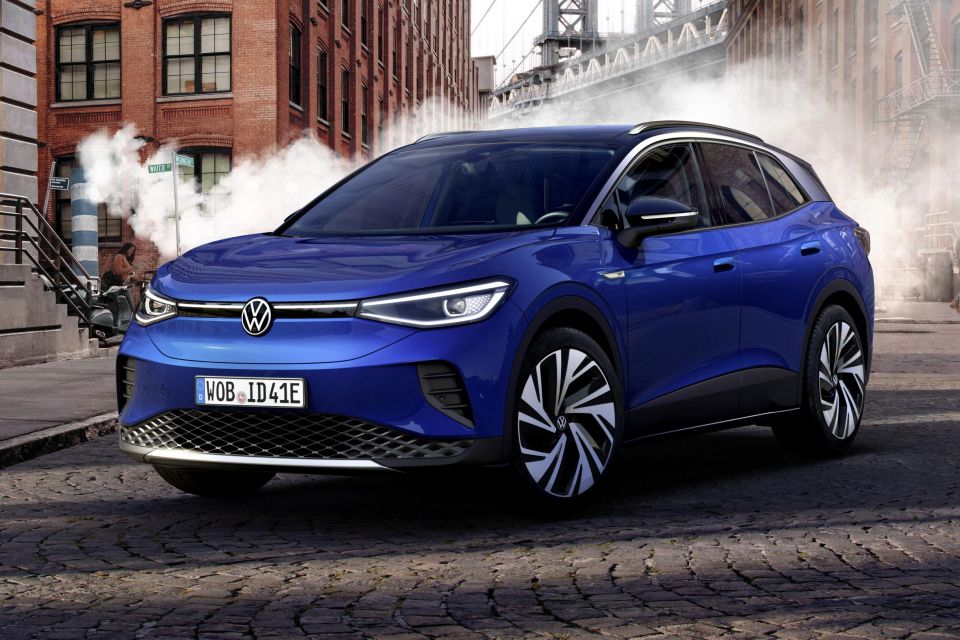
Batteries and charging will also be major focuses for the Volkswagen Group, with the company establishing a controlled battery supply chain.
The biggest goal for the brand is to introduce one unified battery cell format with up to 50 per cent cost reduction and up to 80 per cent use cases by 2030.
Development of battery systems and charging will be undertaken by the German giant’s new Technology division, and Volkswagen will offer bi-directional charging capability.
The Volkswagen Group will also undertake battery repair as well as recycling in its plants to further cut costs and aid in its sustainability efforts.
Six gigafactories will ensure battery supply with locations in Spain, Germany and Sweden and all are set to be operational by 2030. The first, operated by Northvolt, will begin production in 2023.
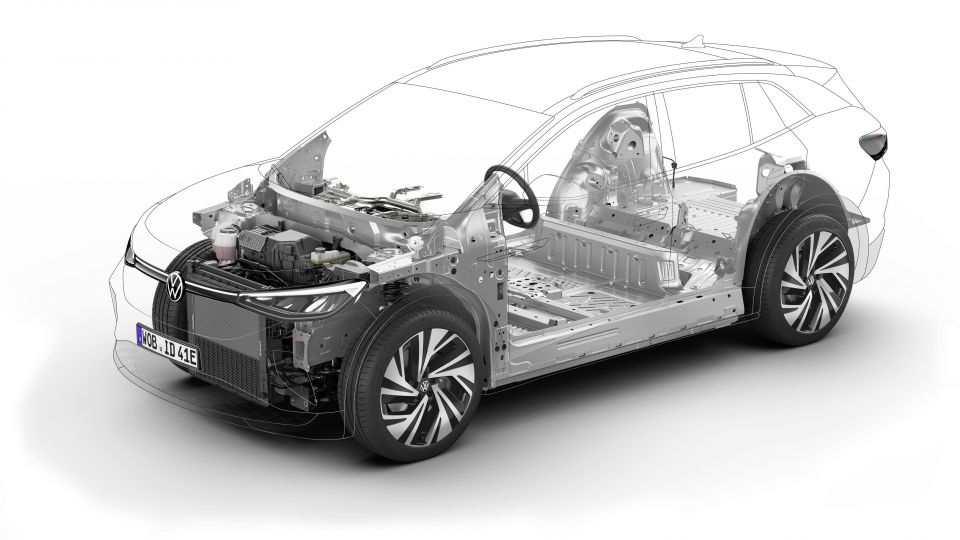
Volkswagen has also secured partnerships to provide Europe with a convenient charging network.
The company has announced a joint venture with Enel X to enhance electric vehicle uptake in Italy by opening a fast charging network with more than 3000 charging points.
The Volkswagen Group is aiming to have 18,000 chargers in Europe, 17,000 in China and 10,000 in the United States and Canada.
All will be high-power charging (HPC) units, the highest powered units currently available today.
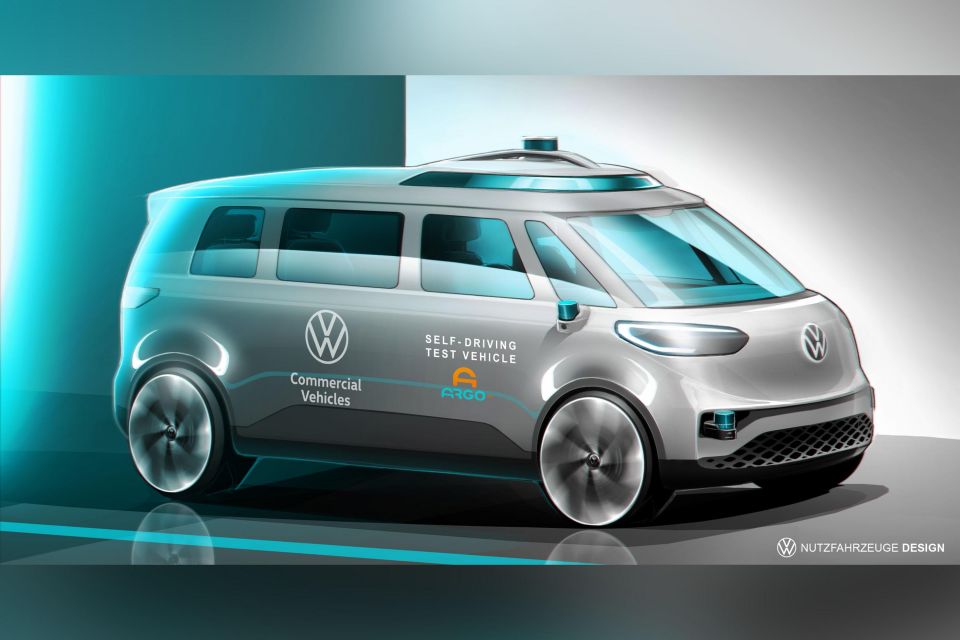
Also announced as part of its broader New Auto brand event overnight, the Group’s new self-driving push involves owning its own autonomous fleets, and licensing the software and vehicles required to run them.
The company has also confirmed a new platform, the Scalable Systems Platform (SSP), which will enter production in 2026.
It’ll serve as “one unified architecture for the whole product portfolio”, from city cars to full-sized luxury sedans.
Where expert car reviews meet expert car buying – CarExpert gives you trusted advice, personalised service and real savings on your next new car.


Matt Campbell
6 Days Ago


James Wong
5 Days Ago


Max Davies
3 Days Ago
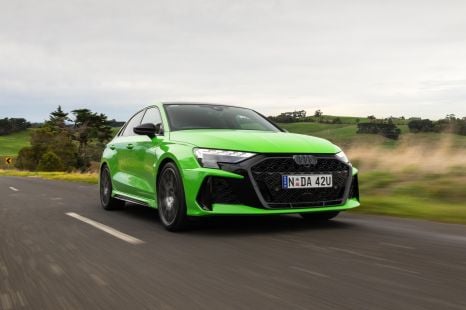

Josh Nevett
2 Days Ago
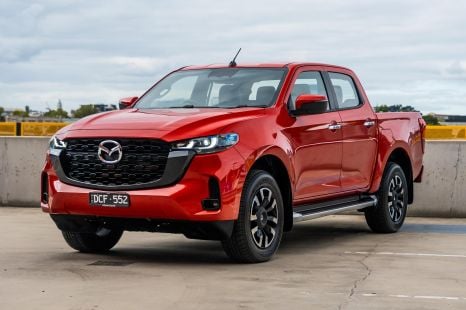

Josh Nevett
2 Days Ago
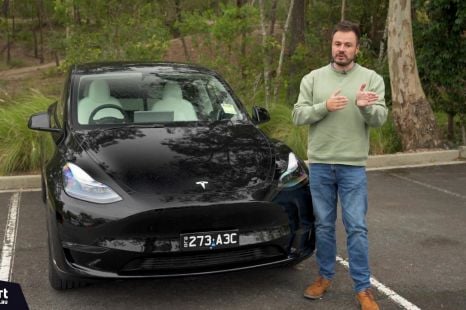

Paul Maric
16 Hours Ago